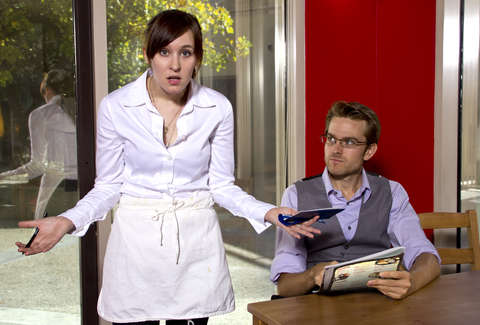Out with the Old Identity
And in with the New
I have talked a lot on this blog about my own identity, about
my discourse, about mushfaking in order to be welcomed into new discourses,
etc. Now I would like to discuss a new discourse topic: Discourse communities.
A discourse
community is defined as a group of people belonging to the same discourse
that have goals or purposes, and use communication to achieve these goals. SDSU
professor of linguistics and rhetoric and writing studies Ann Johns, discusses
in her article, “Discourse
Communities and Communities of Practice: Membership, Conflict, and Diversity”
that the term discourse communities adds more emphasis to “texts and language,
the genres and lexis that enable members throughout the world to maintain their
goals, regulate their membership, and communicate efficiently with one another”
(Johns, 500).
Essentially discourse communities
are a community of people who share common goals and beliefs, but also reach
those goals or express those beliefs in a variety of ways. An example of a
discourse community would be a music community. Everyone in this discourse
would be music lovers, however, each individual could have a different taste in
music, varying among country, hip-hop, jazz, rock, and other genres.
An individual could be a part of
many different discourse communities throughout their life, becoming more
involved in specific communities while becoming less involved, or showing less
interest, in other communities. All individuals have personal biases and
interests in the limitless supply of discourse communities available to them.
It is these biases and levels of interest that shape one’s identity, unique solely
to oneself that no one else can perfectly imitate. This identity should not be confused with an individual’s discourse,
which James Paul Gee defines as “an identity kit that comes with the
appropriate costume and instructions on how to act, talk, and often write, so
as to take on a particular role that others will recognize.”
I myself am already part of lots of
different discourse communities. Just to name a couple, I belong to an exercise
and fitness discourse community at my local 24 hour fitness gym, where I
workout all the time with regular gymgoers and workers, and even discuss with
each other the different exercise programs we practice, as well as milestones
we’re accomplishing. Over the Internet I am a part of the Anime discourse
community, where we discuss many of our favorite series, share fanart and
cosplay, as well as plan events for the annual Anime Expo in LA.
Becoming a member of a discourse
community can also impact your sense of self. Ann Johns mentions that for
certain discourse communities, there is a cost to become affiliated with one. A
prime example are academic discourse communities. Johns states that “to succeed
in school, [you] may have to make considerable sacrifices. To become active
academic participants [you] must make major trade-offs that: can create
personal and social distance between [you] and [your] families and communities.”
The cost of affiliation to a
discourse community can sometimes be money, but more often than not, the cost
is your time. Becoming more involved in one discourse community means becoming
less involved in others. This also means losing your original identity, your
sense of self, and assuming a new one. Your ratios of involvement in all your
discourse communities fluctuate each time a new community is added to the mix,
creating a whole new identity.
Ever since I reattended school full-time,
I had to lose a few aspects of my current self in order to work to assume my
future identity as a computer scientist. Remember those discourse communities I
am a part of? Well I’ve had to cut my involvement time at the gym as well as
time to watch Anime in order to pay for the time needed to affiliate myself
with my studies at school. I’ve lost a part of my original self to work on my
future self.
Although I will miss the amount of
involvement I had in my current discourse communities, I am looking forward to my
involvement in my future career, my future discourse community! I can’t wait to
see what new identity I shall become!












